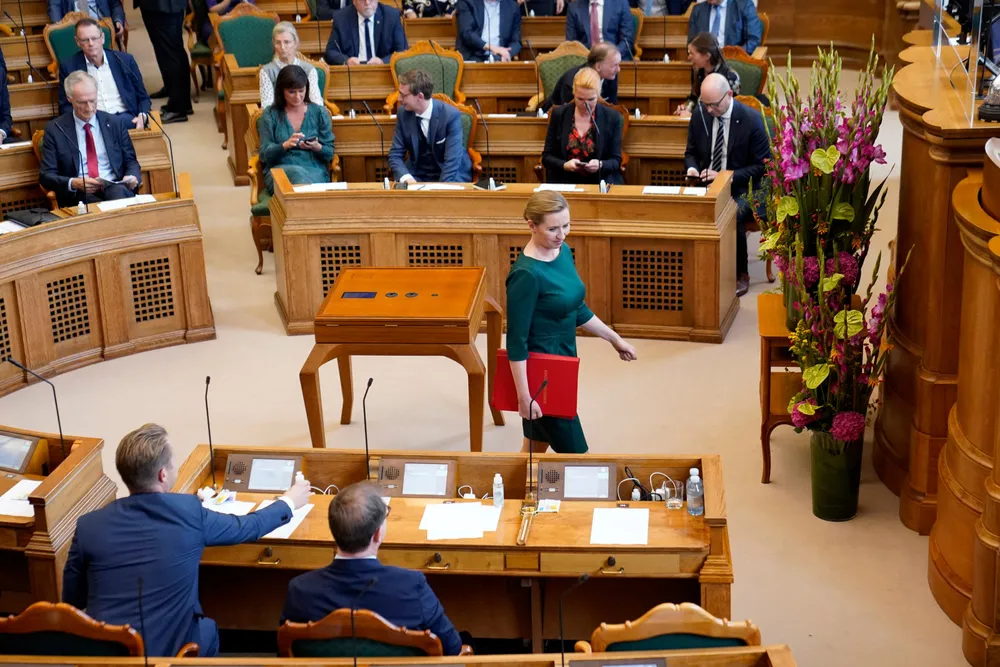Denmark stops new North Sea oil and gas licensing, plans to halt extraction by 2050
North Sea producer nation joins France, Ireland and New Zealand in introducing such restrictions

North Sea producer nation joins France, Ireland and New Zealand in introducing such restrictions
